Search

News & Events
Research to see if AI can speed up therapy for people with antibiotic-resistant bacterial infectionsResearchers from the Wal-yan Respiratory Research Centre are aiming to combine artificial intelligence with natural, infection-fighting viruses to help save lives from an increasingly common medical emergency found in hospitals.

The agenda of sessions for day two
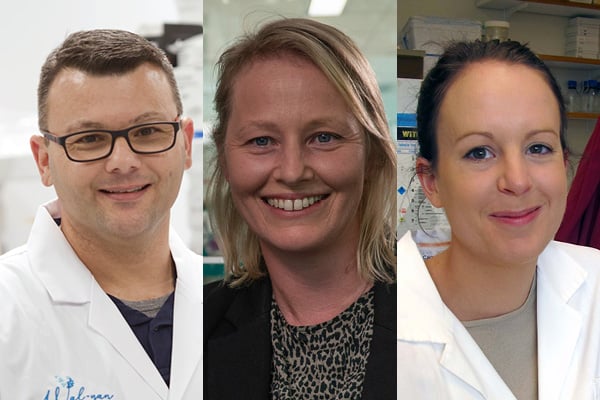
News & Events
Researchers share in almost $1.8 million for groundbreaking child health respiratory researchThree researchers from the Wal-yan Respiratory Research Centre will share in almost $1.8 million in grants to continue groundbreaking research to tackle childhood asthma prevention and lung disease.
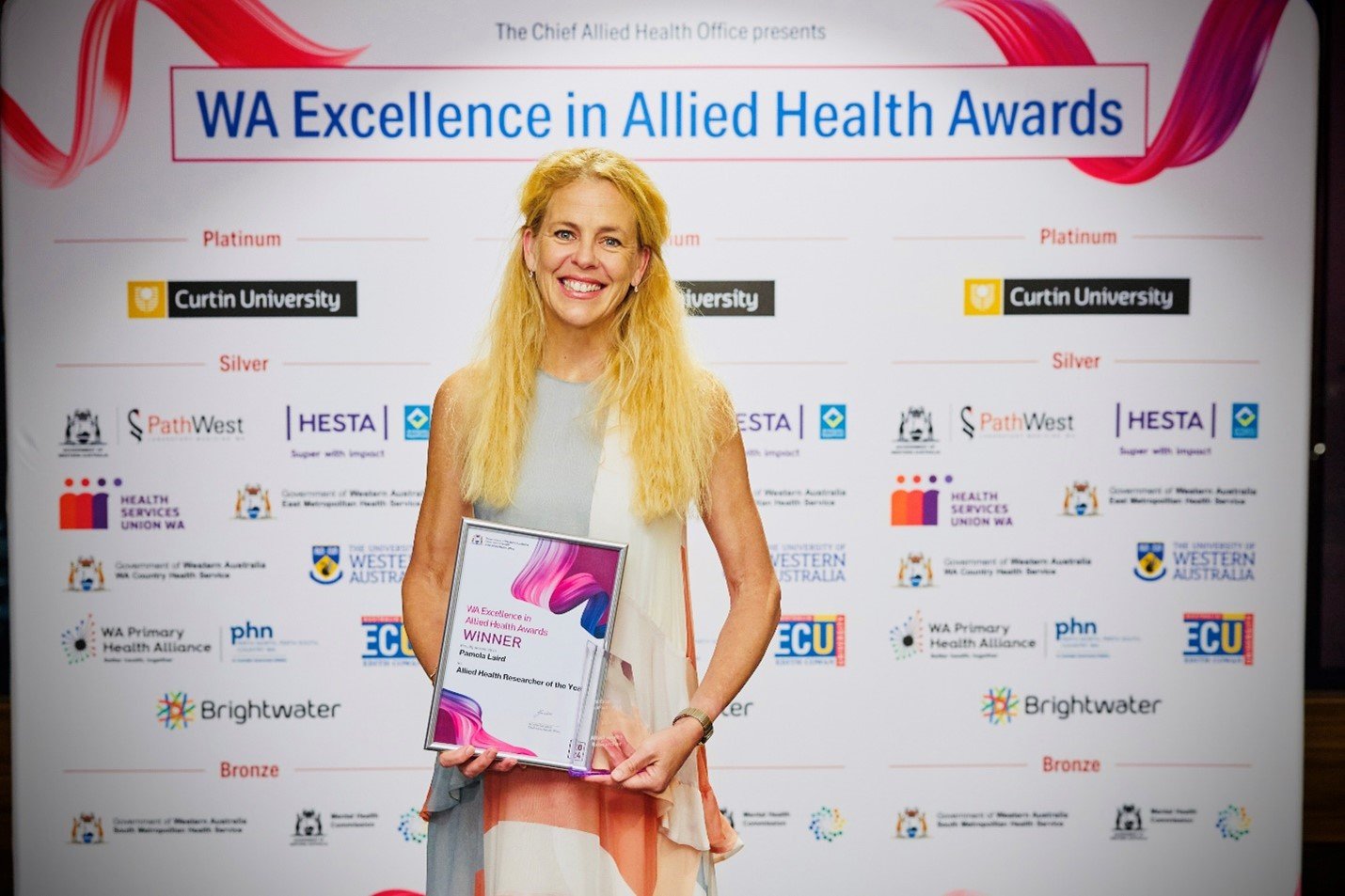
News & Events
Allied Health award for respiratory researcher Dr Pamela LairdCongratulations to respiratory health clinician-researcher Dr Pamela Laird, who has won Allied Health Researcher of the Year at the WA Excellence in Allied Health Awards.

News & Events
Wal-yan researchers to join global respiratory congress in ViennaResearchers from the Wal-yan Respiratory Research Centre are proud to be part of this prestigious event, contributing their expertise to the Congress' outstanding scientific programme.
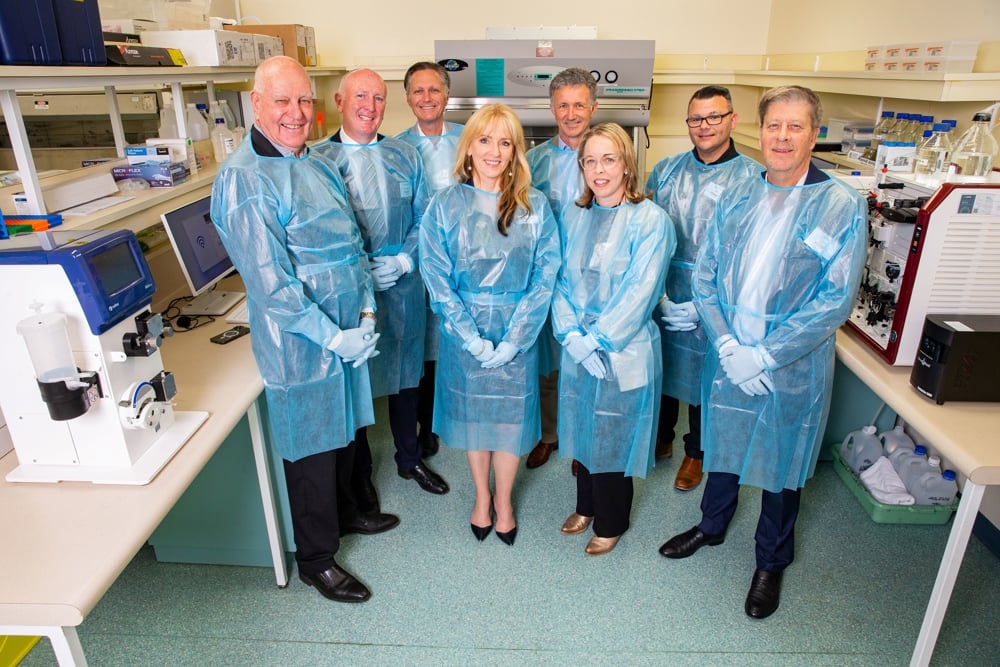
News & Events
Superviruses to fight superbugs: Perth's first phage manufacturing facility is officially openPatients battling antibiotic-resistant superbugs will soon have access to life-saving WA-made therapies that could help treat lung, skin and ear infections as well as bacterial infections like Golden Staph. Western Australia's inaugural phage manufacturing facility – spearheaded by a team at the

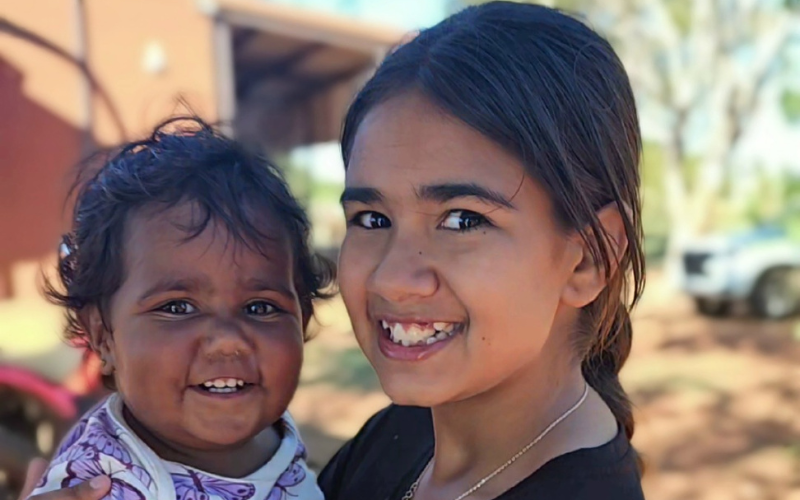
News & Events
Community connections key to improving children’s lung healthThe key to improving the lung health of Aboriginal children lies in establishing strong community connections.
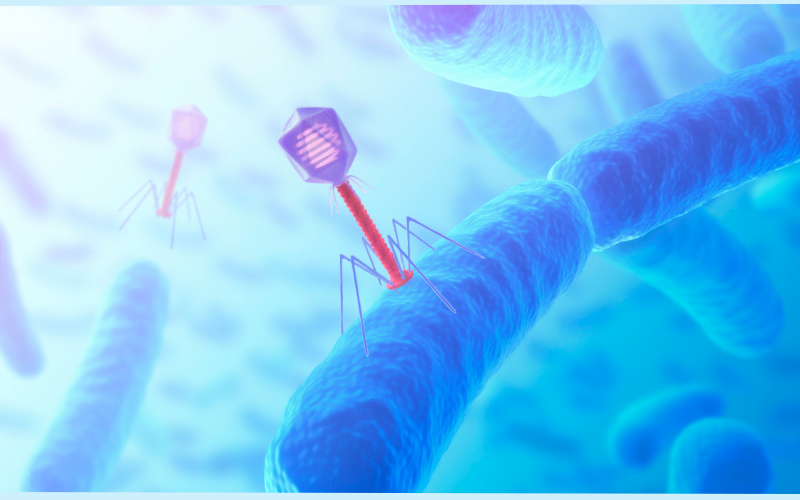
News & Events
Community engagement vital in battle against antimicrobial resistance: Wal-yan Centre to establish reference groupThe Wal-yan Respiratory Research Centre is seeking expressions of interest from Western Australians to join an Antimicrobial Resistance (AMR) Community Reference Group, to provide vital community perspectives on the research activities into this global health concern.

News & Events
Wal-yan respiratory researchers presented with prestigious awardsFour outstanding researchers from the Wal-yan Centre - Professor André Schultz, Professor Stephen Stick, Rebecca Watson and Michael Beaven - have been presented with prestigious awards in acknowledgement of their research aimed at improving the lives of children with respiratory illness.
